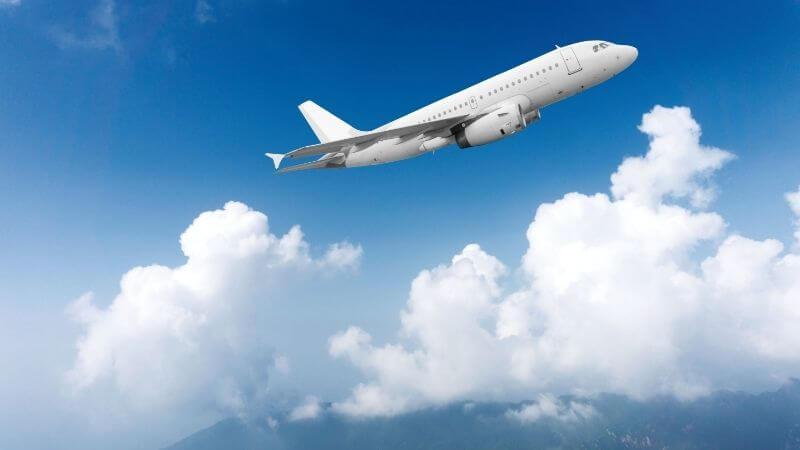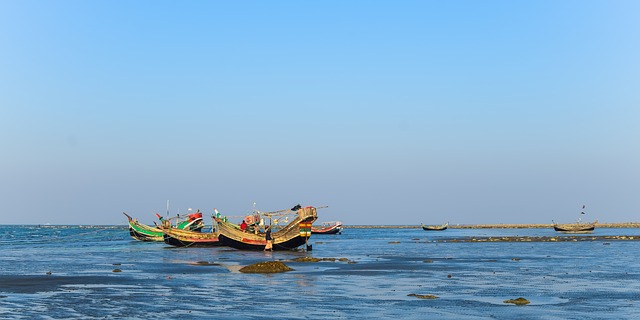It is in human nature to explore, to know and to be curious about experiencing. The pleasure of getting to know about art, culture, history, cuisine and fashion of their own and other countries makes people travel all year long. Hence, the tourism industry has emerged and grown over the years. From its emergence till the point it has reached now, it can be said that there are distinct types of tourism.
What is tourism?
In simple words, tourism is people travelling to a destination from their home temporarily for recreation, business or any other purpose. The word ‘tour’ in tourism derives from the Latin word ‘tornus’, meaning ‘a tool for making a circle’
According to Mcintosh and Goeldner (1986), “tourism can be defined as the science, art and Business of attracting and transporting visitors, accommodating them, and graciously catering to their needs and wants.”
The definition of the Tourism Society of Britain states, “ tourism is the temporary short-period movement of people to destinations outside the places where they normally live, work; and activities during their stay at these destinations.”
So it can be said that tourism involves multiple facets including the span of travelling, the place being travelled to, the purpose eventually the activities while staying.
Tourism might sound like a recent conception, but it has been there since the beginning of the human race. The purpose might have been different in different portions of history. In the primitive age, the possibility of travelling for food and safety might have been the major reason. Gradually, when humans learned how to trade, they started travelling for that. Then came religious growth, humans started travelling more to spread their religious beliefs or to perform religious functions in certain sacred places.
In more recent times tourism has more meaning than just visiting a place. The British people have been considering this as a tool of education since the 16th century. After the development of communication systems, people now travel in their leisure time solely for the pleasure of exploration.
What are the types of tourism?
It is a tricky situation to actually categorise tourism into two different sections in the modern world. But based on the nature of tourism, in a broad sense, it can be said that there are three types of tourism.
● Domestic tourism
● Inbound tourism
● Outbound tourism
Domestic tourism
Domestic tourism includes tourism in a particular country. Inbound and outbound tourism are two forms of international tourism. Here is a little description provided alongside the impacts of these three types of tourism:
Domestic tourism: Domestic tourism is when a tourist travels within his or her own country. The most common purpose of this type of travelling is generally to visit relatives. However, the tour must be away from the usual residence and tourists must stay there for a minimum of one day. Domestic tourism also includes going somewhere for business or leisure purposes.
Domestic tourism can be an important economic factor for many countries. This can be a path to reduce infrastructural problems,
building a better community and earning a good amount of revenue by flourishing local businesses.
As per a new study led by the World Travel and Tourism Council (WTTC), domestic tourism accounted for 73% of overall travel and tourism expenditure worldwide in 2018, making it a core component of the tourism industry. In Britain,100.6 million domestic overnight trips were taken and 1.5 billion domestic day visits were taken in England in 2017.
Inbound tourism
Inbound tourism can be defined as the temporary travel and stay of non-residents in a country. It means that people from outside the country visit that particular country, and stay there for a minimum time but not more than 12 months to perform different activities. The purpose of this sort of visit can be versatile.
Inbound tourism comes with economic, political and social advantages. Inbound tourism attracts investors and creates job opportunities in the country. An interaction between the tourist and the host helps them share knowledge and experience with each other. The local people get a chance to show their lifestyle and present that internationally. Inbound visitors to the UK spent £24.5 billion in 2017, and £21 billion of that was spent in England.
Outbound tourism
This type of tourism includes activities when residents of a certain country go out of the country and stay there for a particular purpose for less than 12 consecutive months. Like the previous types of tourism, this also can have multiple numbers of purposes.
Outbound tourism helps strengthen international harmony. The exchange of cultural values is a big benefit of this sort of tourism. For some countries, it is one of the major ways of gaining revenue. In the year 2018, outbound tourism growth in the United States was 7.9, according to information from the World Tourism Organisation. USA, India, Canada etc countries show high rates of outbound tourism.
These are the broad classification of tourism. According to the purpose of travel, tourism can be categorised into some types. Convention tourism is when people travel for business or some sort of convention. Incentive tourism is when people travel after getting offers of touring as an incentive. When people travel for medical reasons or healthcare it is known as the health section. Cultural tourism is for the purpose of knowing the history and culture of any country. Recreational tourism is when people spend their off time in search of relaxation and hench travel. Adventure tourism is probably the most popular among the youth. People set out looking for the thrill of adventure while being close to nature.
No matter what type of tourism it is, there are social, economic and cultural impacts intertwined with personal gain. It is our duty to both the tourist and the host to be on their best behaviour for the betterment of tourism and the environment. While travelling it is to be kept in mind that regardless of what country they are from or in, is a mutual opportunity of achieving meaning for memories and newer experiences.
More Resources:
- History, Facilities, Registration & Address of ATAB (Association of Travel Agents of Bangladesh)
- Your Ultimate Sylhet Tour Guide
- Top 10 Historical Places In Bangladesh (Wisely Picked)
- An Overview of the Bangladesh Parjatan Corporation
- An Overview of the Tourism Industry of Bangladesh
- Top 10 Travel Agencies in Bangladesh
- How to Travel on Domestic Flight in Bangladesh





